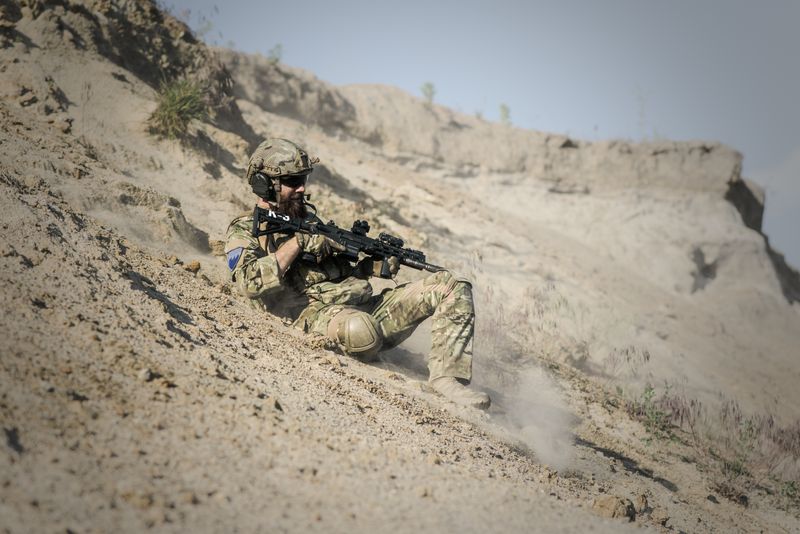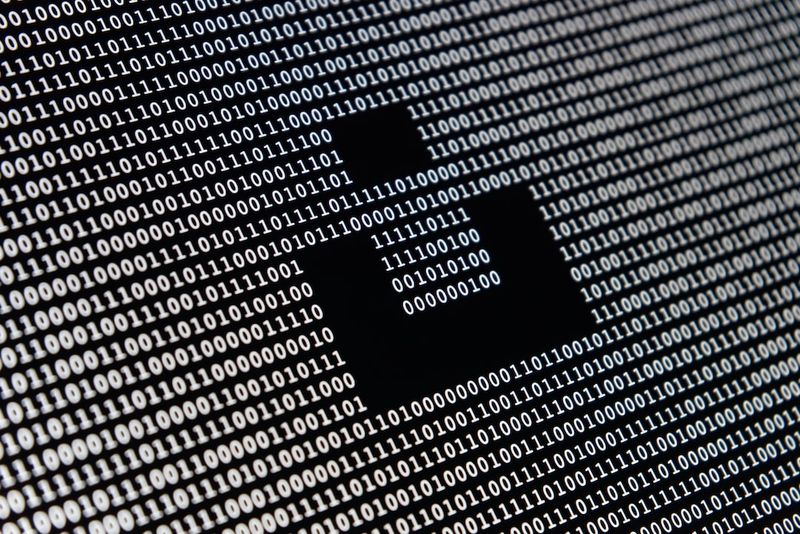North Korean Leader Kim Jong Un Fires Top General and Orders Military to Step Up War Plans
Summary
North Korean leader Kim Jong Un has dismissed his country’s top general and ordered the military to intensify its war preparations “in an offensive way,” according to state media. Kim held a meeting of the central military commission in Pyongyang where he discussed plans against an undisclosed enemy. The pictures released by the Korean Central News Agency (KCNA) showed Kim pointing at Seoul and its surrounding area on a map. General Pak Su Il was removed from his post as chief of the general staff after just seven months, and Ri Yong Gil, a military veteran, was appointed in his place.
Status of General Pak Su Il’s Dismissal
It is unclear whether General Pak’s dismissal holds significant meaning. Some experts believe that if he loses all his positions, it would signal a bigger change within the North Korean military leadership. However, it is worth noting that the meeting could be seen as a reinforcement of previous messages and an escalation in rhetoric that has been ongoing for some time.
Increased Military Activity
North Korea has been actively launching missiles throughout this year, including the Hwasong-18 intercontinental ballistic missile, which officials claim could reach the U.S. mainland. The country has also threatened to shoot down American spy planes. At the recent meeting in Pyongyang, Kim instructed the army to conduct drills and actively test new weapons. These orders follow Kim’s inspection of military factories, where he urged them to increase their production capacity.
The Satellite Launch and Regional Stability
In addition to its military activities, North Korea has vowed to launch satellites at any time after failing to do so in late May. This move could further add to the tensions in the region. It is important to note that President Joe Biden has invited South Korean President Yoon Suk Yeol and Japanese Prime Minister Fumio Kishida to a meeting at Camp David later this month, following their meeting on the sidelines of the Group of Seven summit in Japan. The United States and South Korea are also scheduled to hold joint military drills shortly afterward.
Analysis and Editorial
Potential Reasons for the Dismissal
The dismissal of General Pak Su Il raises questions about Kim Jong Un’s motivations. It is possible that Pak failed to fulfill his duties, faced internal opposition or political disagreements, or simply fell out of favor with Kim. However, without official statements from the North Korean regime, these reasons remain speculative.
The Significance of the Meeting
The meeting and Kim’s orders to intensify war preparations come as no surprise given North Korea’s history of escalating tensions through military displays. However, the specific mention of an undisclosed enemy and the focus on Seoul and its surrounding area reveal a higher level of aggression. It is crucial for neighboring countries and the international community to closely monitor these developments and respond accordingly.
Impact on Regional Stability
North Korea’s continued missile launches, threats against foreign aircraft, and preparations for war could have severe consequences for regional stability and security. These actions increase the risk of miscalculations, misunderstandings, and potential military conflicts.
The Role of Diplomacy
Despite the ongoing military activities, it is important to continue diplomatic efforts to reduce tensions on the Korean Peninsula. President Biden’s invitation to South Korean President Yoon and Japanese Prime Minister Kishida for a meeting at Camp David demonstrates a commitment to dialogue and collaboration. It is essential for regional partners to work together and engage in open, constructive discussions to de-escalate tensions and find peaceful solutions.
Advice
International Community
The international community should approach North Korea’s recent actions with caution and vigilance. It is crucial to maintain diplomatic channels to communicate concerns and expectations to ensure regional stability. Sanctions and other pressure tactics should be used strategically and in coordination with other countries to encourage North Korea to engage in constructive dialogue.
Regional Powers
South Korea, Japan, and other regional powers must prioritize communication and coordination to address the potential challenges posed by North Korea’s increased aggression. These countries should actively engage in military and intelligence cooperation to monitor North Korea’s activities, ensure the safety of their citizens, and assess any potential threats.
United States
The United States should demonstrate strong leadership in the region by reaffirming its commitment to alliances with South Korea and Japan. The upcoming meeting at Camp David provides an opportunity for President Biden to strengthen relationships, coordinate strategies, and communicate a unified approach to North Korea’s provocations.
North Korea
North Korea should recognize that continued aggression and military posturing will only isolate the country further and hinder its pursuit of economic development and international recognition. Engaging in meaningful dialogue, respecting international norms, and working towards denuclearization will lead to improved relations and increased stability on the Korean Peninsula.
Conclusion
The dismissal of a top general and Kim Jong Un’s orders to intensify war preparations indicate a concerning escalation in North Korea’s aggression. The international community, regional powers, and the United States must closely monitor the situation and respond with a combination of diplomatic efforts, coordination, and strategic pressure to ensure regional stability and reduce the risk of military conflict. North Korea, on the other hand, should consider the long-term consequences of its actions and pursue diplomatic solutions for the benefit of its own people and the international community at large.

<< photo by Wolrider YURTSEVEN >>
The image is for illustrative purposes only and does not depict the actual situation.




